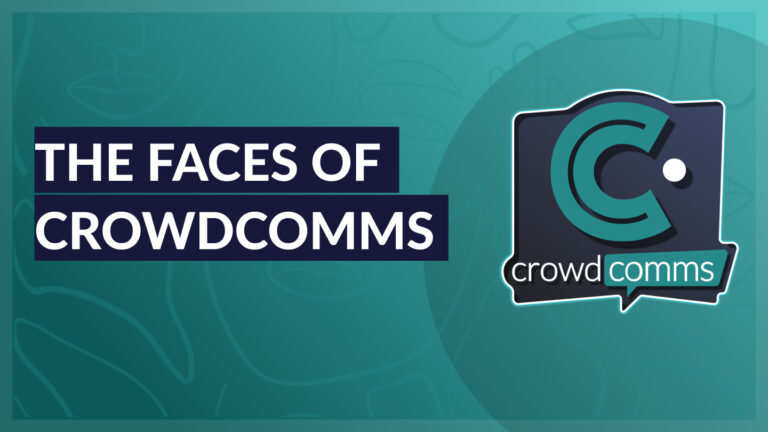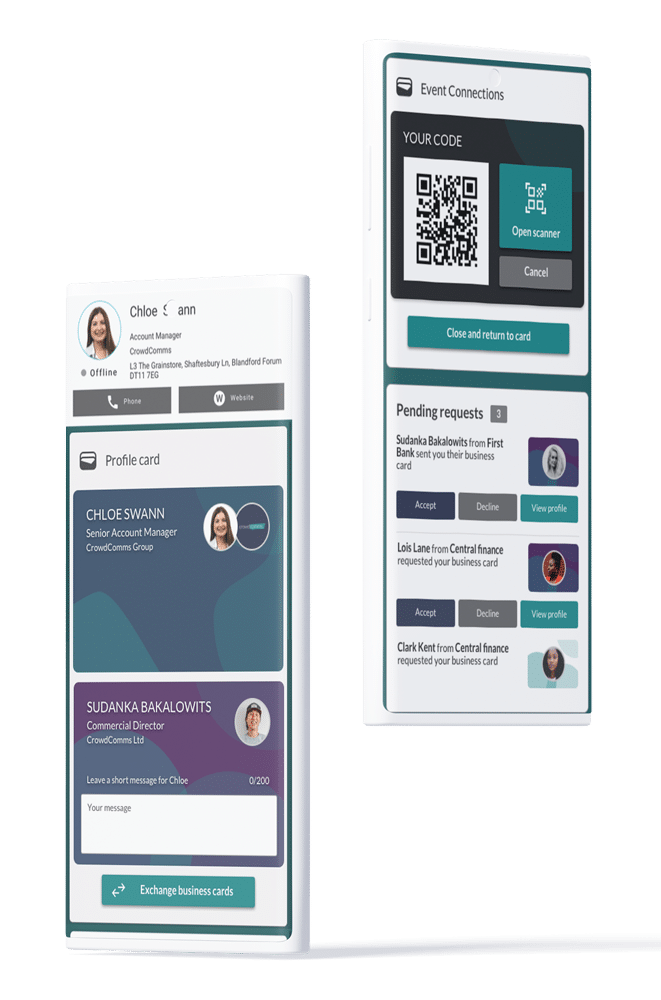Whether you tuned in or not, most people will be aware of the debacle that dominated coverage of the 2017 Oscars awards ceremony. Actors, Warren Beatty and Faye Dunaway appeared on stage to present the marquee award of Best Picture. Unfortunately, Beatty had been given the wrong envelope.
He announced that La La Land had won Best Picture. It hadn’t. Moonlight did. Over halfway through their acceptance speeches the La La Land team were made aware of what had happened. Chaos ensued.
If you’re an event planner or organiser it would have been hard to watch and not feel your blood run to ice. Event mistakes happen. But this was a monster.
PWC have since accepted responsibility for the mistake. If one of the most prestigious accountancy firms in the world can foul-up at one of the world’s most visible events – what chance do the rest of us have?
Here are some tips on how to avoid an Oscar sized mistake:
-
Plan and Brief
You know what’s going to happen and when. You have every event detail tattooed on your brain. But do your team know?
Keep key staff involved and updated on every part of the event planning process. Brief them thoroughly and think about completing pre-event drills to rehearse important points of the event (such as introducing keynote speakers and entertainment set-ups). During rehearsals, take the opportunity to run-through potential errors too.
Event mistakes are less likely if everyone knows exactly what is supposed to happen and when. It also increases the chances of an error being found, and addressed quickly, if the worst happens.
2. Don’t Be Complacent
You’ve organised a particular event a hundred times. It’s run perfectly for so long, you could do it in your sleep.
But even subtle changes can derail tried and tested processes. It’s natural to have confidence in something you know so well, but it helps to approach every event as if you’re running it for the first time.
You many not need to run a full risk assessment for a well-established event, but revisiting potential potholes is useful. It helps to take a fresh look at the event, assess changes and review the appropriateness of current practices.
Make sure important changes are documented, tracked and communicated.
3. What’s the Contingency Plan?
Chances are you have a detailed contingency plan for potential major problems. But as we saw with the Oscars, it was a minor mistake that will go down as one of the most-talked about moments in the award’s history.
It didn’t help that those on stage and the event staff were so obviously flummoxed by the turn of events.
Small things can cause big problems. Once you’ve highlighted a potential flash point, have a plan to deal with it should things go wrong. Who’s in charge and taking responsibility? Who knows what should be happening?
The Best Picture award mess would have been far less painful had someone had stepped in immediately to address the error.
4. Live and Learn
Humans make mistakes. We’re all fallible. While good risk management, communication and planning will mitigate most risks, errors and slip-ups will happen from time to time.
Learn from the things that go wrong and make sure they don’t happen twice. And if someone you’re working with makes those all-important event mistakes – show them a little love and understanding. Much like the PWC staff involved in the Oscar’s mix-up, they’ll need it.




